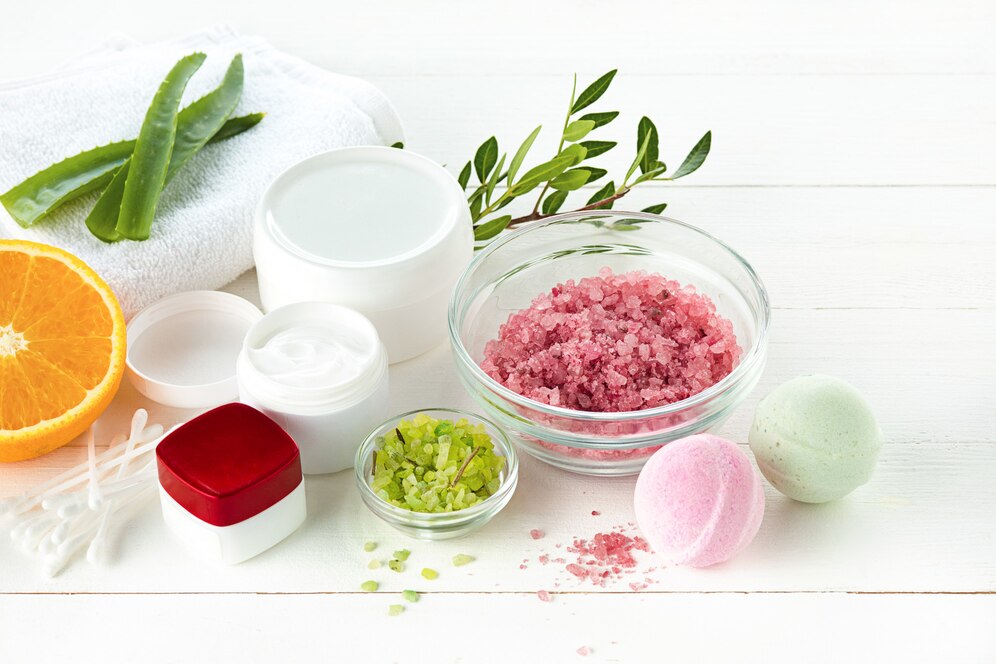In the vast and often bewildering world of skincare, it’s easy to get lost among the myriad of ingredients promising to transform our skin. From the ever-popular retinoids to the antioxidant-rich serums, the options are endless. However, not all that glitters is gold, and dermatologists are increasingly warning against one ingredient that might be doing more harm than good: fragrance.
Table of Contents
ToggleThe Allure of Fragrance
Fragrance in skincare products can be incredibly enticing. After all, who doesn’t love a product that smells divine? The sweet scent of lavender, the refreshing aroma of citrus, or the exotic whiff of vanilla can make our skincare routines feel luxurious and indulgent. However, behind these pleasant scents lies a potential for skin irritation and long-term damage.
The Problem with Fragrance
Skin Irritation and Sensitivity
Fragrances, whether synthetic or natural, are among the most common causes of allergic reactions in skincare. According to dermatologists, fragrance ingredients can cause contact dermatitis, which manifests as redness, itching, and even painful rashes. Those with sensitive skin or conditions like eczema and rosacea are particularly vulnerable.
Disruption of the Skin Barrier
The skin barrier is our body’s first line of defense against environmental aggressors. When compromised by irritants like fragrance, it can lead to increased transepidermal water loss (TEWL), making skin dry, flaky, and more susceptible to irritants and allergens.
Phototoxic Reactions
Some fragrances can cause phototoxic reactions when exposed to sunlight. This means that your favorite citrus-scented lotion could potentially make your skin more prone to sunburn and long-term sun damage, leading to premature aging and an increased risk of skin cancer.
Hidden Ingredients
The term “fragrance” on a product label can be misleadingly vague. It can represent a complex mix of various chemicals, some of which may be harmful. Companies are not required to disclose the individual components of their fragrance mixtures, making it difficult for consumers to know exactly what they are applying to their skin.
What the Experts Say
Dermatologists like Dr. Joshua Zeichner, Director of Cosmetic and Clinical Research in Dermatology at Mount Sinai Hospital in New York City, advise patients to steer clear of fragranced products, especially if they have sensitive skin. Dr. Zeichner notes, “Fragrance is one of the most common causes of skin allergies and irritation. Opting for fragrance-free products can significantly reduce your risk of developing these issues.”
Similarly, Dr. Marisa Garshick, a board-certified dermatologist in New York, highlights that even products labeled as “unscented” can contain masking fragrances to neutralize odor, which can still be irritating. She suggests looking for “fragrance-free” labels to ensure the absence of potentially harmful scents.
Making the Switch to Fragrance-Free
Transitioning to fragrance-free skincare doesn’t mean compromising on quality or efficacy. Many reputable brands offer excellent fragrance-free options that cater to various skin concerns. Here are some tips for making the switch.
Read Labels Carefully
Look for products specifically labeled as “fragrance-free.” Be wary of terms like “unscented,” which may still contain masking fragrances.
Patch Test New Products
Always perform a patch test when trying new skincare items. Apply a small amount to a discreet area and wait 24-48 hours to check for any adverse reactions.
Consult a Dermatologist
If you’re unsure about which products to choose, consult a dermatologist. They can recommend products that suit your skin type and concerns without the risk of irritation from fragrance.
Conclusion
While the allure of a beautifully scented skincare product can be strong, it’s essential to consider the potential risks associated with fragrance. By opting for fragrance-free alternatives, you can protect your skin from unnecessary irritation and long-term damage. Remember, healthy skin is beautiful skin, and sometimes, less truly is more. Prioritize your skin’s health and let go of the notion that skincare needs to smell good to be effective.
